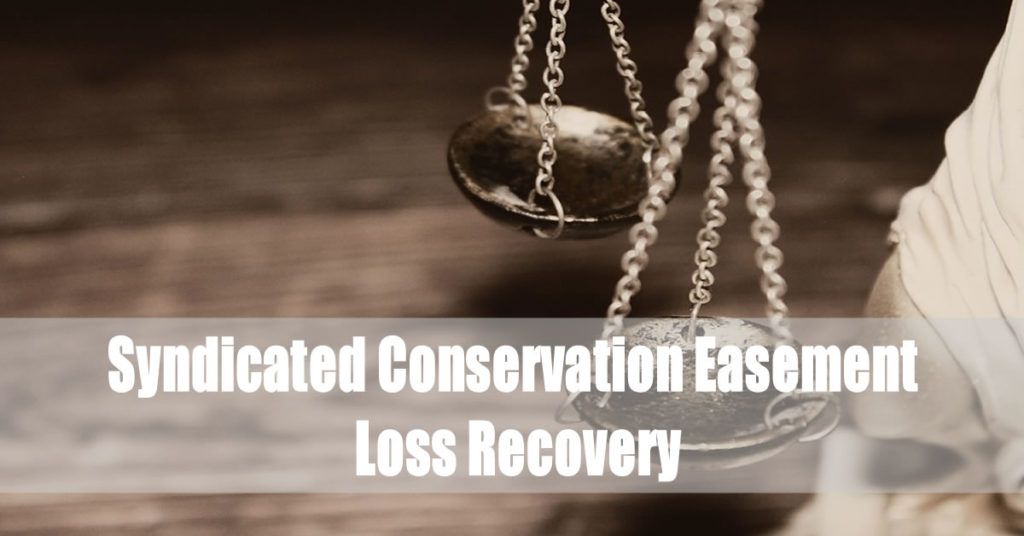Wealthy individuals wage a constant battle to reduce their burden of income tax. Private placements of syndicated conservation easements seemed to catch the fancy of investors around 2010, again, as a means of reducing their income tax liability. Investors have been asking questions regarding a syndicated conservation easement.
Our initial investigation has caused many red flags to pop up. Like many “new” private placement investments, syndicated conservation easements are designed to address a specific issue with high net worth investors that have an above-average risk profile.
Unfortunately, many people were sold syndicated conservation easements that did not fully understand the risks or how they work. If you purchased one, please call our investment fraud attorneys at 1-800-856-3352 for a free consultation.
What is a Syndicated Conservation Easement?
Table of Contents
Many investors are asking what is a syndicated conservation easement. The short answer is that a syndicated conservation easement is a type of private placement investment that can be purchased in exchange for federal income tax deductions. An easement investor is in a position to define and limit developer access to that landholding. The word ‘conservation’ in the term ‘syndicated conservation easement’ means conservation of land through limiting industrial and commercial activity.
Promoters referring to easements as “an efficient way to conserve land and shift tax benefits from landowners who don’t have the income to take deductions to people who do” has been reported by The Wall Street Journal.
Calculation of a Conservation Easement Deduction
The allowable deduction amount is calculated by appraisers on the basis of a before and after easement comparison of the fair value of the property.
If the fair value of a property is assessed as $2,000,000 before the easement and $1,200,000 after the easement, a reduction of $800,000 can be claimed as a deduction by the owner. It must be noted that this is not resulting in a profit for him.
Abuse of Easements
However, humans tend to often go too far. The IRS has identified several syndicated conservation easements created through partnerships as abusive tax shelters. Easements were on the IRS list of the “Dirty Dozen” list of the worst taxation scams.
Unscrupulous appraisers seem to abound. It seems it is not difficult to find an appraiser willing to inflate the pre-easement value of the property, which results in higher tax deductions and hence higher benefits.
In our example, if an appraiser were to assess the ‘before’ value as $4 million, the allowed deduction would be $2.8 million and not $800,000.
This can magnify the returns for the investor. Fraudulently
IRS Action
The IRS levies penalties that can go up to 40% if they find a ‘gross valuation misstatement.’ Investors argue that some of the information is not made available to them when they initially make the investment and that brokers are to blame.
It has been estimated by the IRS that $10.6 billion less was collected in Federal income tax between 2010 and 2017 in an account of transactions of a conservation easement.
Notice 2017.10 was issued by the IRS in 2016 making easements ‘listed investments’ which would require them to be flagged off on tax returns filed, enabling IRS to identify and track them.
The IRS has also been encouraged by the bipartisan Finance Committee Report for greater stringency in cracking down on conservation easements.
Legal Help for Investors
Have you lost money in a conservation easement private placement or been penalized for the investment which turned out to be an abusive tax shelter?
The Financial Industry Regulatory Authority (FINRA) makes available an arbitration process through which you can file a claim for recovery.
Your financial advisors and brokers have responsibilities. If they recommend an investment like a conservation easement without having performed due diligence, they could owe you for the losses. They could also owe you damages if they hid any material facts or made misrepresentations.
Pursuing your claim with the support of an experienced securities attorney is recommended.
Haselkorn & Thibaut, P.A. is a nationwide law firm representing investors who have lost money due to investments in a syndicated conservation easement (investment). We can be approached for a free case evaluation at at 1-800-856-3352.


